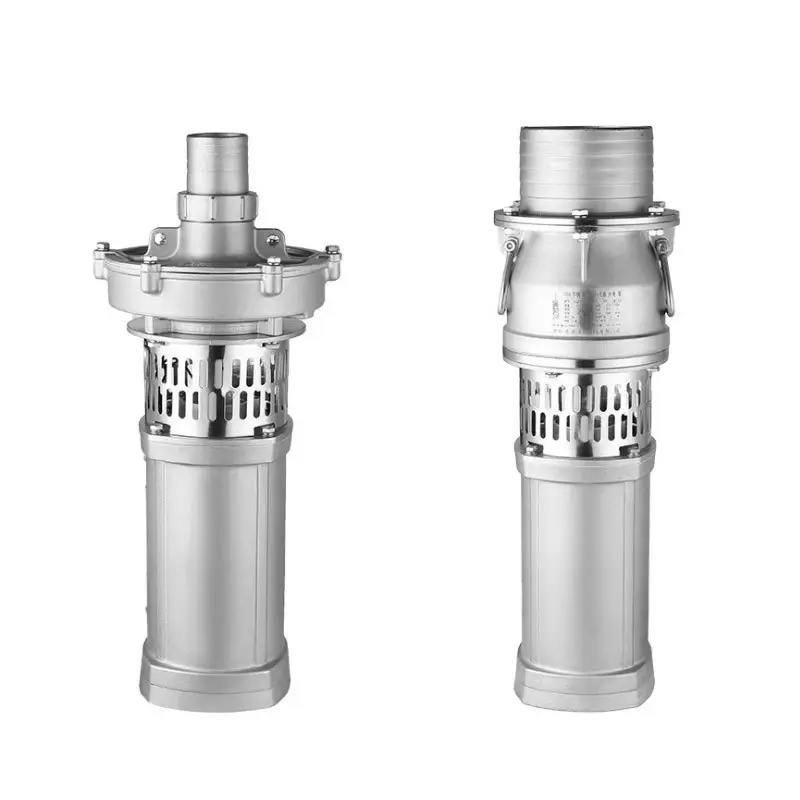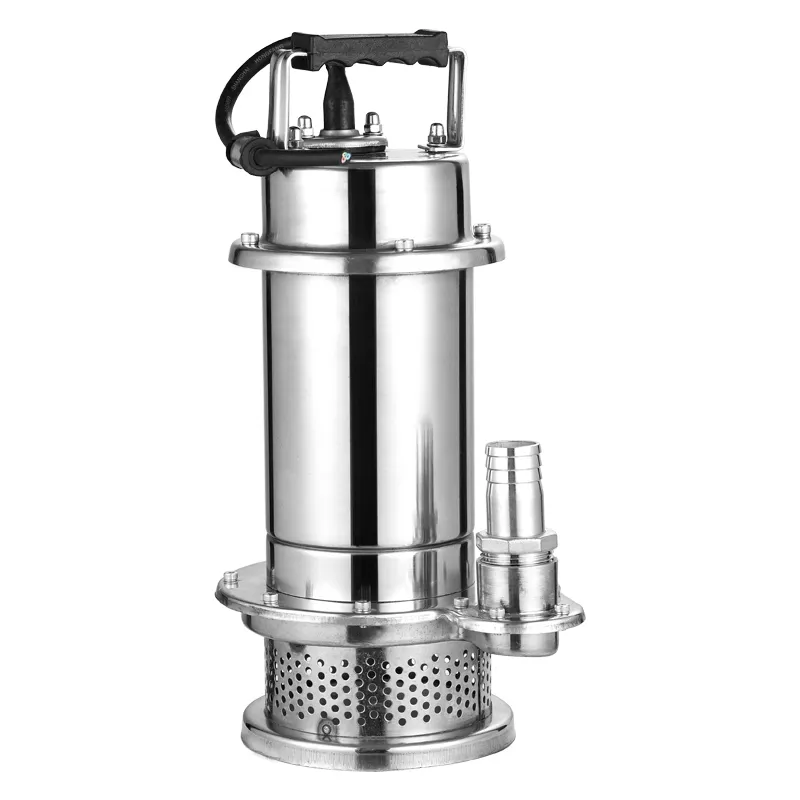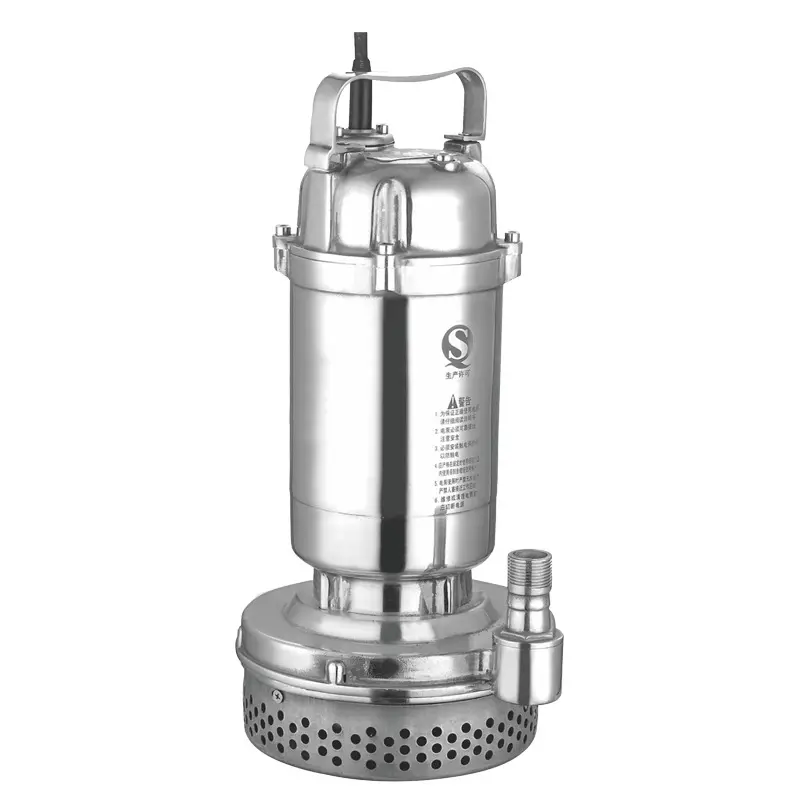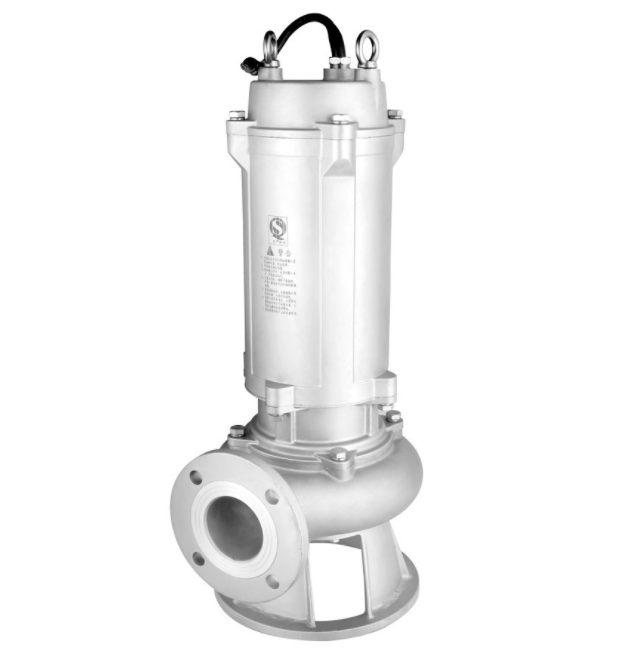In a groundbreaking development, the chemical industry is increasingly turning to stainless steel technology for sewage treatment, revolutionizing their processes and ensuring the safety of the food supply chain. This innovative solution promises to tackle numerous challenges faced by the industry, making it more efficient, sustainable, and conducive to maintaining optimal hygiene standards.
The chemical industry has long contended with the daunting task of treating sewage that is generated during their manufacturing processes. Historically, traditional materials used in sewage treatment plants have proven to be susceptible to corrosion and contamination, posing risks to both the environment and public health. However, stainless steel has emerged as a versatile and resilient alternative, offering a range of benefits in terms of durability, performance, and sanitation.
Stainless steel's resistance to corrosion is a key factor in enhancing the longevity of sewage treatment facilities. Its non-porous surface does not react with the harsh chemicals present in sewage, ensuring that the treatment infrastructure remains intact over extended periods. By utilizing stainless steel, the chemical industry can avoid frequent repairs and replacements, resulting in substantial cost savings.
Moreover, stainless steel exhibits a high degree of mechanical strength and hygiene, making it an ideal material for the construction of tanks, pipes, and other sewage treatment equipment. The smooth surface of stainless steel prevents the accumulation of bacteria, facilitating easy cleaning and maintenance, thus minimizing the risk of contamination during the treatment process. As a result, the industry can guarantee the purity and safety of water bodies that receive treated effluents, preserving the integrity of the surrounding environment.
Sewage treatment plants incorporating stainless steel technology are also contributing to the achievement of sustainable development goals. The material is 100% recyclable, allowing for a closed-loop system that promotes environmental stewardship and reduces waste production. Moreover, stainless steel's energy efficiency and low carbon footprint align with the chemical industry's commitment to minimizing its impact on climate change.
Beyond its direct applications in sewage treatment, stainless steel is playing a pivotal role in securing the food supply chain. The industry relies on stainless steel equipment for various processes, including the storage, transportation, and processing of food products. This highly corrosion-resistant material prevents contamination and ensures the integrity of food items, safeguarding consumers' health.
Furthermore, stainless steel's inert nature makes it an optimal choice for maintaining the quality and flavor of food, as it does not react with acids or flavors present in different food types. This characteristic is especially significant in sensitive industries such as dairy and brewing, where maintaining product consistency is paramount.
In conclusion, the adoption of stainless steel technology in sewage treatment by the chemical industry marks a significant milestone in enhancing efficiency, sustainability, and food safety. This innovative approach ensures that sewage treatment facilities remain robust and corrosion-free, minimizing the risks of contamination and environmental harm. The industry's commitment to utilizing stainless steel not only benefits its own operations but also reinforces the integrity of the food supply chain, guaranteeing consumers access to safe and wholesome products. With ongoing advancements in stainless steel technology, the potential for further synergies between the chemical industry, sewage treatment, and food safety remains promising.




Post time: Jul-17-2023
